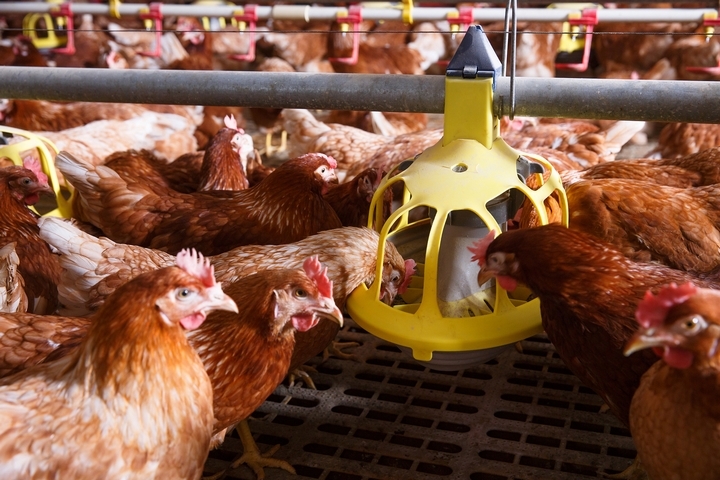8 Types of Chicken Supplies and How Farmers Are Using Them
If this is the first time you are raising backyard chickens, the best advice is to speak to someone who has experience. By doing so, you will not risk making mistakes when you are just starting out. This is a big investment, so you do not want anything to go to waste.
These days, many people are showing an interest in poultry farming. Some want to do it as a hobby, while others want to ensure that they have a fresh supply of eggs. Of course, then there are others who want to run a poultry business. No matter what your reasons are for backyard chicken farming, there are certain supplies that are essential to ensure you successful get your eggs.
Here are eight types of chicken supplies every farmer needs:
1. Physical Resources and Supplies
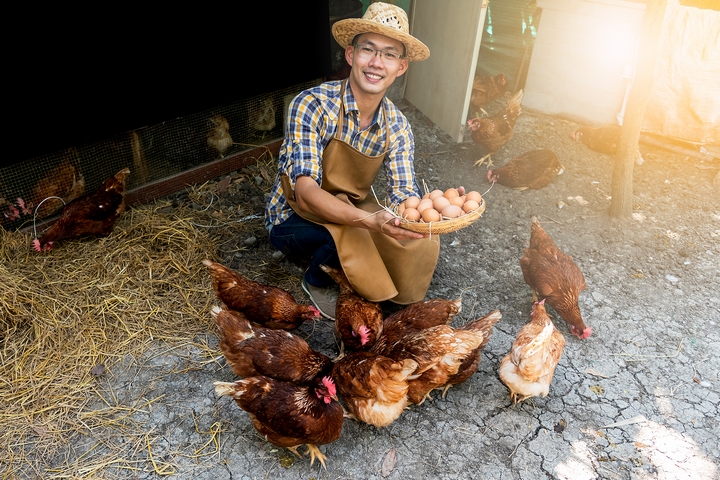
For anyone who wants to start backyard chicken farming, it is vital that they have the best chicken supplies. Chicken farming is hard work, and you will need to put in the time and effort to make it succeed. If you are laid back and think that the chicken will just lay the eggs and continue reproducing, backyard chicken farming is not for you. Poultry farming is demanding and requires passion.
For those who put in the time and effort, it is very rewarding. Therefore, the biggest thing you need in abundant supply is effort and hard work.
To find the suitable type of poultry supplies, it is important to know what type of backyard chickens you are going to have. Do you want the broiler chickens for meat production, or do you want chickens to produce eggs? If you plan to go commercial, you need to know the local market preferences and select the right type of chicken.
2. Special Home and Cleaning Supplies
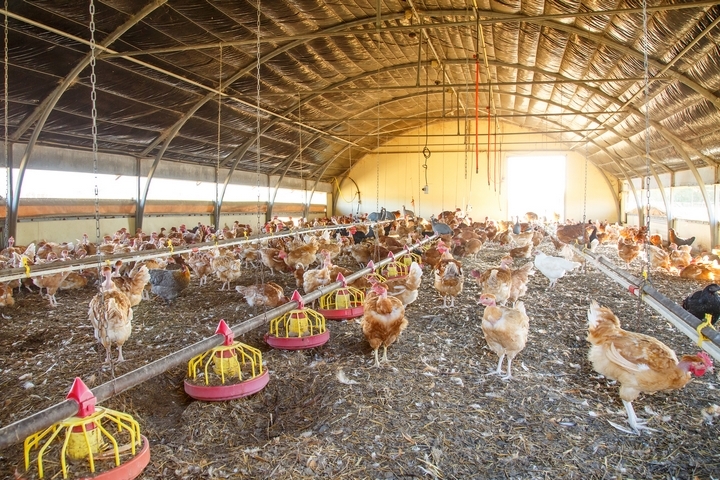
You will definitely need to construct a home for the birds and ensure that it has all the facilities. Chickens need space to thrive, and you will need adequate ventilation and lighting. You also have to ensure that the home is safe from predators who can quickly kill all your birds in one night. You will also need supplies to clean the home and have a waste disposal system. If you don’t do this, the chicken area will start to reek pretty soon.
3. Food Supplies
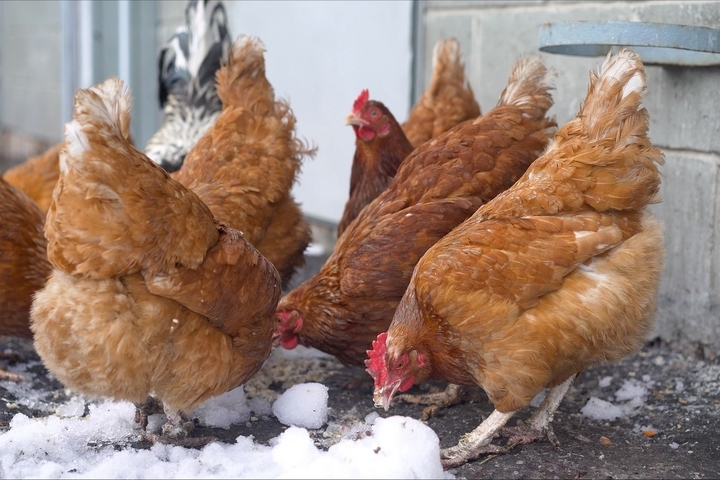
Because of the weather, having the right feeder is vital to ensuring that your birds thrive. There are many types, sizes, and shapes of feeders and you need to select one that is best suited for your birds. You will also need to have different size feeders for different chickens – smaller ones for the baby chickens and bigger ones for the adult chickens.
4. Water Supplies
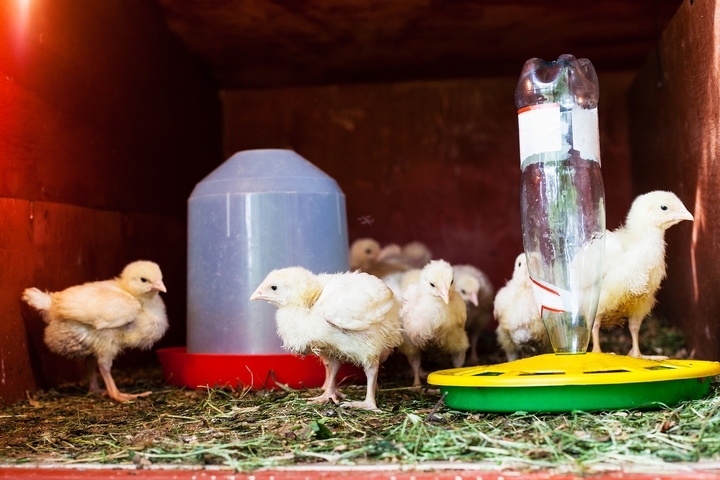
Chickens need water to survive. But there is a specific way to provide water to your chickens. This is something every farmer should know. It is important to have the waterer placed at least 6 inches above the ground to prevent contamination from soil. Again, you need to select a waterer brand that meets the requirement for your birds.
Remember, a baby chick will not be able to reach the waterer that is high. So, make sure you provide these facilities for your chickens based on their size and type.
5. Crate Supplies
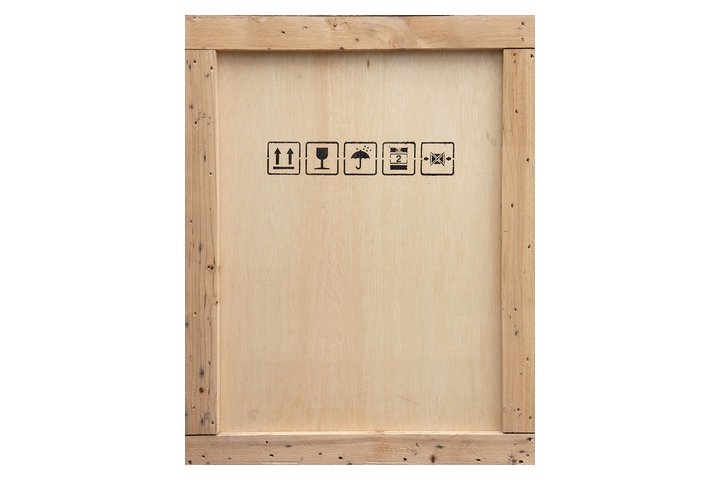
Sometimes, you may need to transport live chickens. This is something we see farmers do quite often. To do this effectively, you will need to have chicken crates. You don’t want your chickens running around all over town, and crates are a great way to contain and manage them during transportation. These crates are available in plastic and wood. The crates also need to have a sliding door and be lightweight.
You should not buy a small crate as overcrowding will lead to suffocation of the birds. Plus, the crate should be easy to clean and store.
6. Egg Tray Supplies
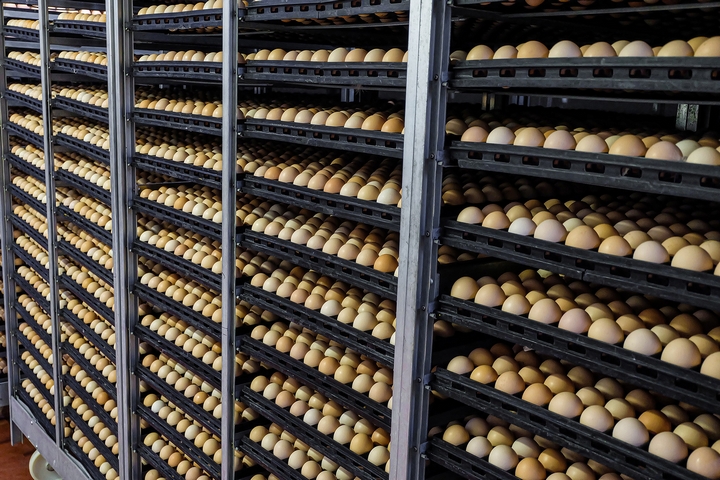
If you are considering raising chickens for eggs, you will definitely need to have egg trays. It just makes it easier to manage the eggs. Also, if you plan to sell them, it is easier to carry them in trays. Plastic trays are better than paper trays as they last long, and can they also be recycled quite easily.
7. Incubators
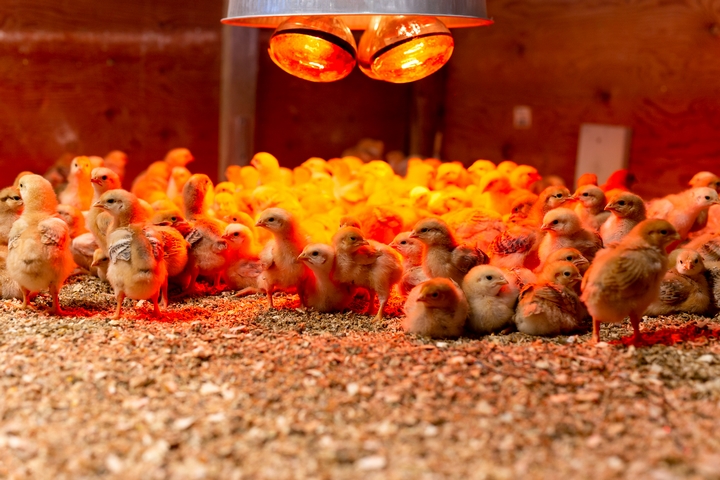
Getting the right incubator is not easy because there are many models, sizes, and different prices on the market. It is important that before you purchase an incubator, you know exactly what you need.
Therefore, it is wise to plan ahead, and know the number of eggs that are likely to hatch at the same time. Remember, not all eggs placed in the incubator will hatch, so the old saying, don’t count your chickens before they’re hatched suits perfectly here. Select an incubator based on how many birds you estimate would hatch.
8. Perches
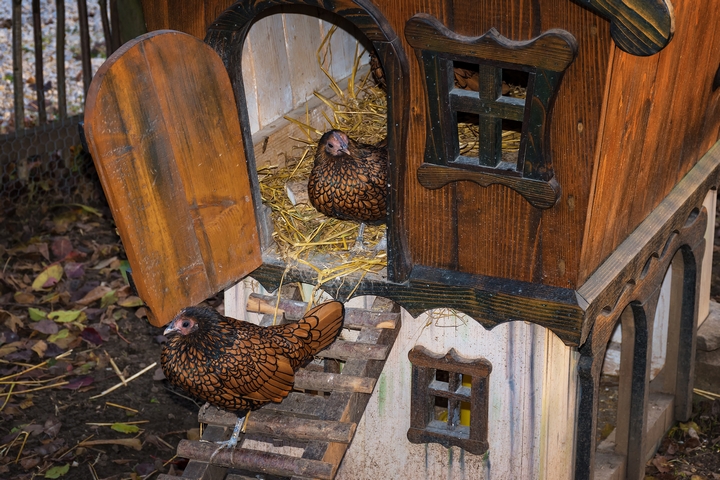
Birds need a perch where they can take a nap, relax, and watch what is going on. Examples include a gate, a railing or a fence. You need to have a perch so that your birds can get on top of it. Older hens prefer low perches. If you place too high perches, leg injuries can occur.

